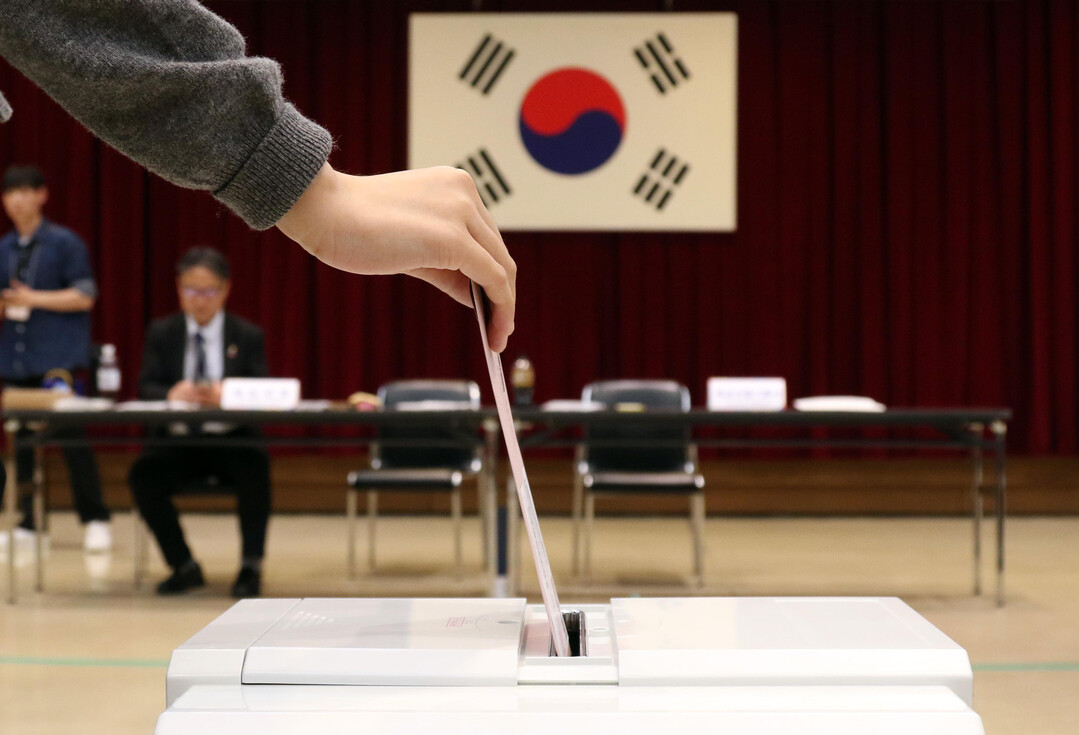
Seoul, South Korea – Overseas voting for the 21st South Korean presidential election has concluded, revealing a significant surge in participation compared to the previous election. From May 20th to 25th, polling stations across 118 countries and 223 locations welcomed Korean expatriates, with initial figures indicating a turnout approximately 10% higher than the 20th presidential election.
A total of 258,254 overseas Koreans registered to vote in this election, marking a substantial 14.2% increase from the previous presidential race. The United States alone saw 53,377 registered voters, with reports from Florida and other major American regions highlighting enthusiastic participation.
While the official final turnout figures are still being compiled as local times conclude voting, preliminary data from several diplomatic missions worldwide showcases remarkably high engagement:
Auckland Consulate: 83.7%
Sydney Polling Station: 82.3%
Brisbane Polling Station: 87.1%
Shanghai Consulate General: 83.27%
Embassy of Korea in China: 82.30%
Shenyang Consulate General: 81.96%
Qingdao Consulate General: 86.02%
Malaysia Polling Station: 81.7%
Laos Polling Station: 89.33%
Hanoi Polling Station: 84.3%
Philippines Polling Station: 77.98%
Indonesia Polling Station: 83.4%
Embassy of Korea in Japan: 82.1%
This elevated turnout among overseas Koreans is seen as more than just a statistical increase in voter engagement. Many observers interpret it as a profound indicator of how expatriates are evaluating South Korea's political landscape and the future they envision, especially in the wake of the "12.3 sedition" incident. Numerous overseas voters expressed a determined sentiment, stating, "This time, I came with a firm resolve," underscoring a strong political will.
As the main election day on June 3rd approaches, a prevailing sentiment among voters suggests that the restoration and normalization of the disrupted constitutional order are paramount concerns, overriding other issues. This strong focus on upholding democratic principles and rebuilding trust in governance appears to be a primary driving force behind the robust participation witnessed in the overseas ballot. The high turnout reflects a collective desire among overseas Koreans to actively contribute to shaping the nation's direction during a critical period.
[Copyright (c) Global Economic Times. All Rights Reserved.]



























